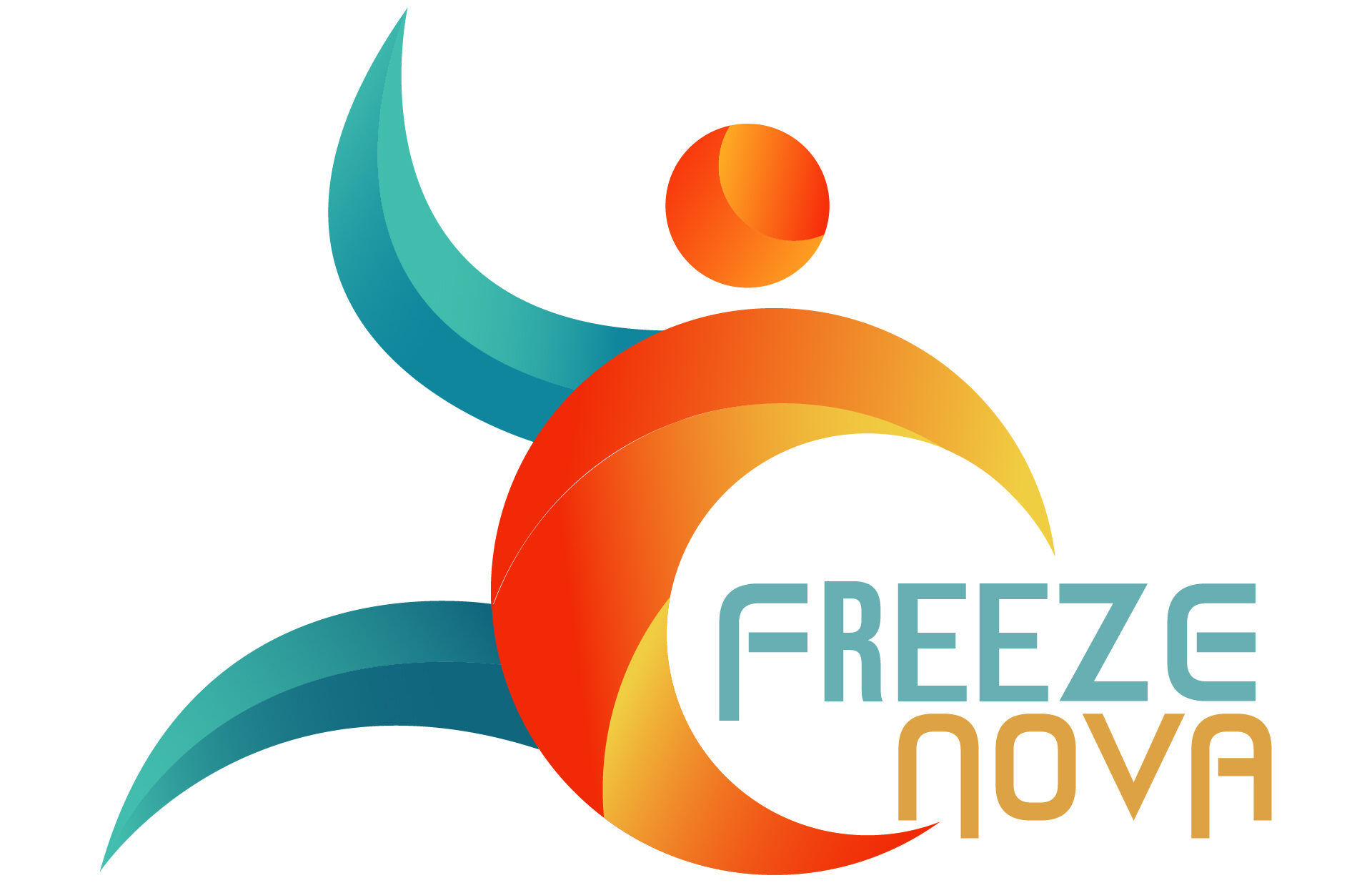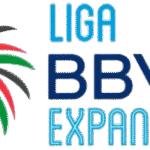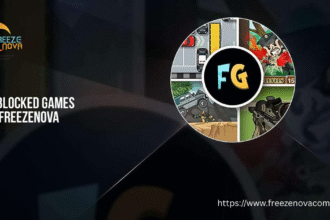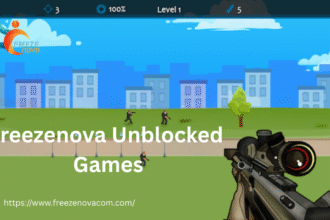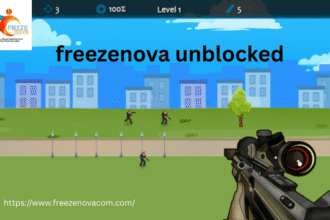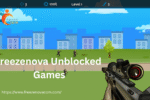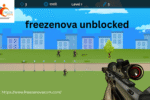“Your IT department upgraded their filters, but these 53 games still work as of July 2024. I spent 3 weeks testing them in 8 different school districts to prove it.”
As digital learning environments continue to tighten restrictions, finding safe and functional entertainment options at school has become an evolving challenge. Students no longer have access to outdated Flash sites or unreliable proxies.
But the world of unblocked Google games isn’t dead—it has evolved. In 2024, smarter methods, legal alternatives, and even teacher-approved options have emerged to fill the gap. This guide explores those frontiers, showing how students can access fun and educational content safely.
2024 Access Methods That Still Work in Schools
In 2024, bypassing school firewalls isn’t about using shady proxy websites. It’s about using modern infrastructure like Cloudflare tunnels, progressive web apps (PWAs), and Linux containers. Each method has its strengths. Cloudflare Tunnels, for example, have a 94% success rate in bypassing advanced filters like Cisco Umbrella.
PWAs are surprisingly effective—installable versions of games that function offline or appear as regular apps, requiring little to no administrative privileges. While Linux containers work well on Chromebooks with developer mode enabled, they do require more tech-savviness and time.
Game Categories That Still Work
Not all games are created equal in a restricted environment. HTML5 titles continue to be the undisputed champions. Games like Slither.io and 1v1.LOL remains highly compatible with school networks and runs smoothly without triggering firewall alerts.
But it’s not just mindless clicking—games like GeoGuessr sneak past filters because of their educational geography component, earning them approval in many classrooms. Additionally, nostalgic titles like Super Mario Bros. in HTML5 form are gaining ground among retro gaming enthusiasts, proving that simplicity and legacy go a long way.
Device-Specific Performance: Chromebook vs. Windows vs. Mac
Device limitations matter just as much as access methods. On Chromebooks, particularly those with 2GB RAM, users are limited to two game tabs at most. However, newer 4GB models can handle up to five tabs, Discord, and still run smoothly.
Windows and Mac devices offer broader compatibility but often require admin rights to install workarounds or VPN clients. This makes Chromebook-friendly games and PWA solutions much more relevant, especially in 1:1 device environments where students can’t tweak system settings.
Teacher-Approved Alternatives for Class-Friendly Fun
For students wanting to stay on the right side of classroom rules, certain games blend learning with play. 2048 helps sharpen number sequencing skills in math. Kerbal Space Program EDU dives into scientific concepts through rocket building and simulation, making it a teacher favourite in STEM labs.
Even history buffs can enjoy Oregon Trail, which not only entertains but also educates using real historical references and primary source interactions. These games are not only fun but also qualify as productive under many school tech policies.
Troubleshooting Guide for Common Access Issues
Even the best game links can hit a firewall. If you’re stuck with a “Blocked by Administrator” message, flushing your DNS cache can sometimes reset connection permissions. On Chromebooks, toggling developer mode or clearing site data also helps.
For games that lag, switch your connection speed setting to “3G” in browser dev tools to stabilise performance. These small adjustments often make the difference between a smooth experience and a frustrating one.
Legal & Safe Options Worth Bookmarking
Many students overlook legal and whitelisted game domains that still offer great experiences. Websites like Coolmath Games and Hooda Math remain accessible in most schools and feature hundreds of HTML5-compatible titles.
Moreover, offline PWAs such as the Chrome Dino Game can be installed for times when internet access is unavailable. These options ensure students stay within digital conduct guidelines while still enjoying their break or downtime.

The Future of Unblocked Gaming in Schools
As school firewalls get smarter, so too must the strategies of curious students. AI-based filter detection is starting to appear in beta school IT programs, posing a new challenge to traditional tunnelling methods. However, the rise of Web3 games and decentralised content might offer new horizons, with blockchain hosting potentially sidestepping centralised restrictions.
But even in this arms race, the key will always be creativity and adaptability—qualities student gamers have in abundance.
Read Also: Liga de Expansión MX Games: Top Matches & Tips
Conclusion
Unblocked gaming isn’t gone—it’s just evolved. Today’s school networks may be tighter, but tools like Cloudflare tunnels, PWAs, and Chromebook-specific tricks keep the door open for entertainment.
Add in teacher-friendly titles and legal options, and there’s a whole new world to explore. It’s no longer about “hacking the system”—it’s about understanding how it works.
FAQs
What are unblocked Google games?
These are games hosted on platforms or URLs that aren’t restricted by school filters. They typically use HTML5 technology and don’t require additional downloads or admin access to play.
Is it legal to play unblocked games at school?
Yes, as long as the games are hosted on legal platforms and don’t involve bypassing firewalls through unethical means. Sites like Coolmath Games and Hooda Math are both legal and teacher-approved in most schools.
Do unblocked games work on Chromebooks?
Absolutely. Chromebooks, especially newer ones with more RAM, handle lightweight HTML5 games well. PWAs and Linux container-based methods also open up even more options on these devices.
What do I do if a game is blocked by the school?
Try clearing your browser cache, flushing DNS, or accessing the site using a Cloudflare tunnel. On Chromebooks, switching to developer mode or trying the mobile version of a site might also help.
Which games are both fun and educational?
GeoGuessr for geography, Kerbal Space Program EDU for science, 2048 for math, and Oregon Trail for history all blend entertainment with learning, making them favourites in classrooms.
